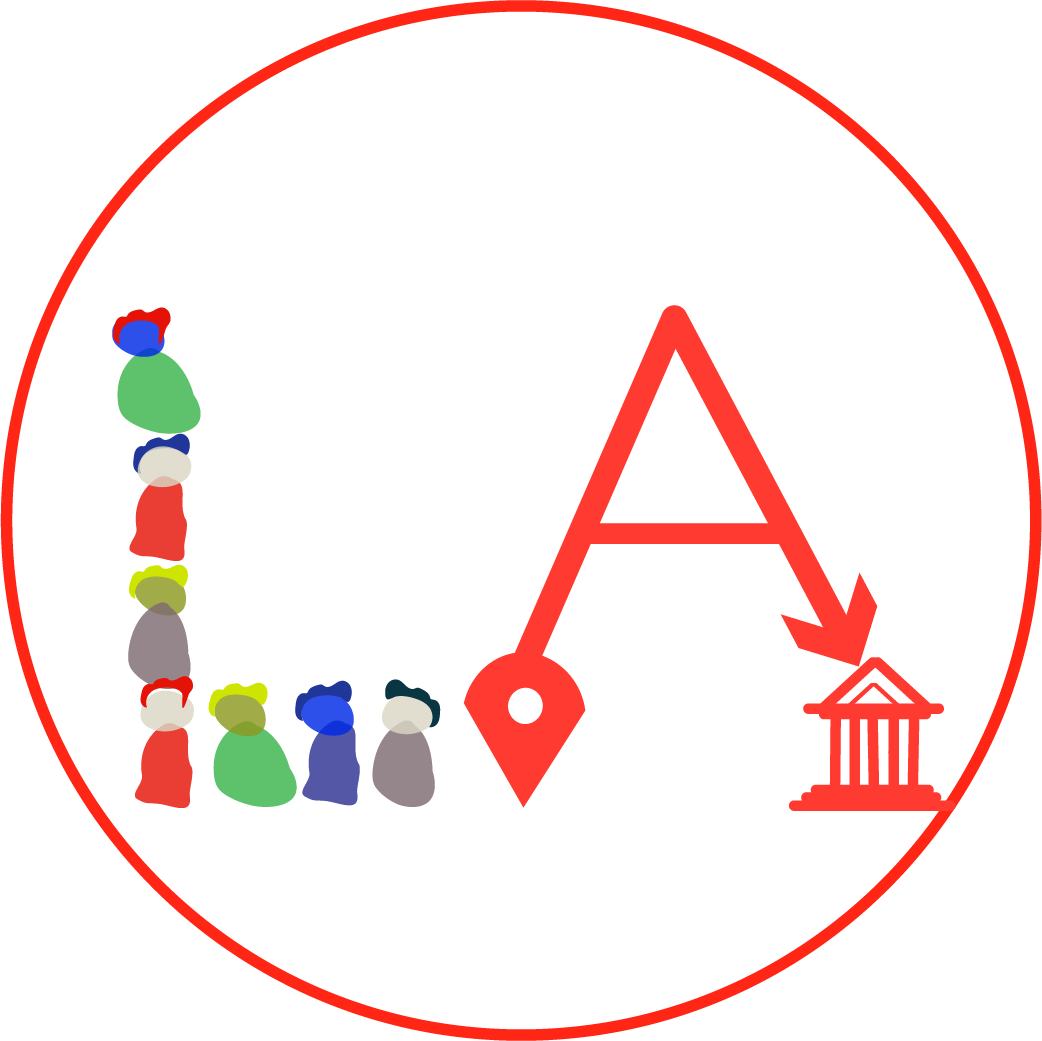In the past, we have talked about FAIR Principles in several articles and their use in digital heritage. However, we have not explored this topic in detail. Carare recently hosted a webinar (twice due to high demand) called “Unlocking 3D Cultural Heritage: FAIR and more” which focuses on FAIR principles and brings them back to the forefront of discussion.
The increase in digitisation of efforts globally, as in the European heritage landscape with efforts under the Digital Europe Programme or the UK Museum Data Service, Makes the knowledge and understanding of FAIR principles essential in cultural heritage management today.
The FAIR (Findable, Accessible, Interoperable, and Reusable)
FAIR is a set of data principles that helps to improve the management and stewardship of digital assets emphasising machine-actionability to facilitate discovery, access, interoperability, and reuse.
Scientific Data published these principles in 2016 by a consortium of scientists and organisations, aiming to support the reusability of digital assets with increasing data volumes, complexity, and creation speed.
Three types of entities are covered by the FAIR principles:
data (or a digital object)
metadata (information about that digital object)
infrastructure (the digital object itself)
FAIR
- Findable: Humans and machines should be able to easily find data and metadata. To do this, data must be assigned globally unique and persistent identifiers, rich metadata must be included in the data description, and data must be indexed or registered in accessible databases.
- Accessible: If data is found, it should be accessible, which means retrievable by identifying it using an open, free, universally implementable, as well as authentication and authorization procedures as necessary. Furthermore, metadata should remain accessible even if the underlying data is no longer available.
- Interoperable: Analysis, storage, and processing of data should be compatible with other data and applications. It requires formal, accessible, shared, and widely applicable knowledge representation, vocabularies that adhere to FAIR principles, and the inclusion of qualified references.
- Reusable: Optimisation of data reusability is FAIR’s main objective. This can be achieved by detailing metadata and data in a context-specific way, creating a clear and accessible data usage license for the data, associating data with detailed provenance, and meeting domain-relevant community standards.
learn how to apply FAIR principles with
Unlocking 3D Cultural Heritage: FAIR and more
We attended a webinar that delivered on its promise of teaching us how to make 3D cultural heritage FAIR. The webinar provided an overview of how standards and metadata can be used and introduced Datasheets for cultural heritage datasets, which promote inclusivity and encourage reuse.
Agenda of the event:
Welcome – Introduction, Catherine Anne Cassidy – Digital Skills Officer, CARARE
How to make your 3D cultural heritage FAIR? Henk Alkemade – Deputy Operations Manager, CARARE
Ιntroducing Datasheets for cultural heritage datasets, Steven Claeyssens – Curator of Digital Collections, National Library of the Netherlands (ΚΒ)
Q&A and Discussion
Wrap up and closing
Our Take
Utilising FAIR principles is the key to managing data and fostering innovation. With effective data management, you can collaborate with ease, accelerate your research, and make better decisions than ever before.
Carare’s webinar is the perfect opportunity to learn all about FAIR and data management.
Are you ready to unlock the power of data and revolutionise the way you do research? Look no further!
I want to learn more:
Unlocking 3D Cultural Heritage: FAIR and more
The FAIR Guiding Principles for scientific data management and stewardship
Our Related articles
Webinar: 3D reconstructions for story-telling and understanding
Ethically Digital Contested Cultural Heritage in Digital Context
Digital cataloguing outlines 10 helpful principles
Digital Libraries and Research Data Management by APAC
UK
EU
Common European data space for cultural heritage

